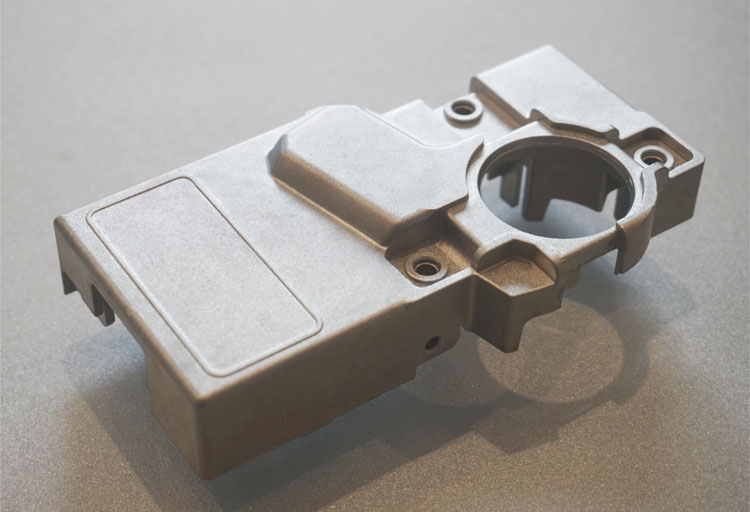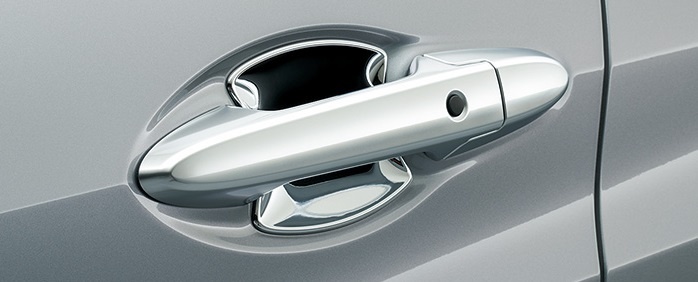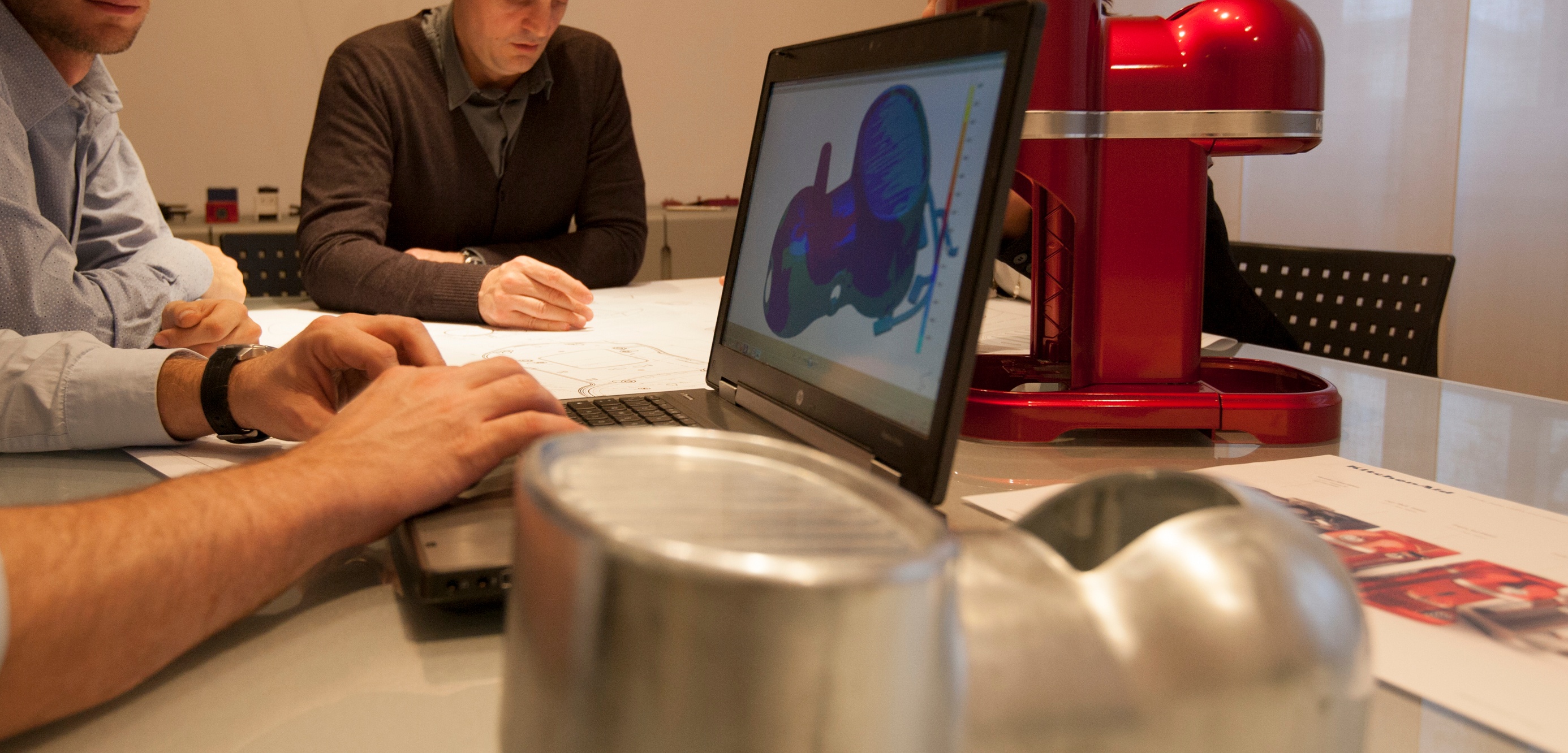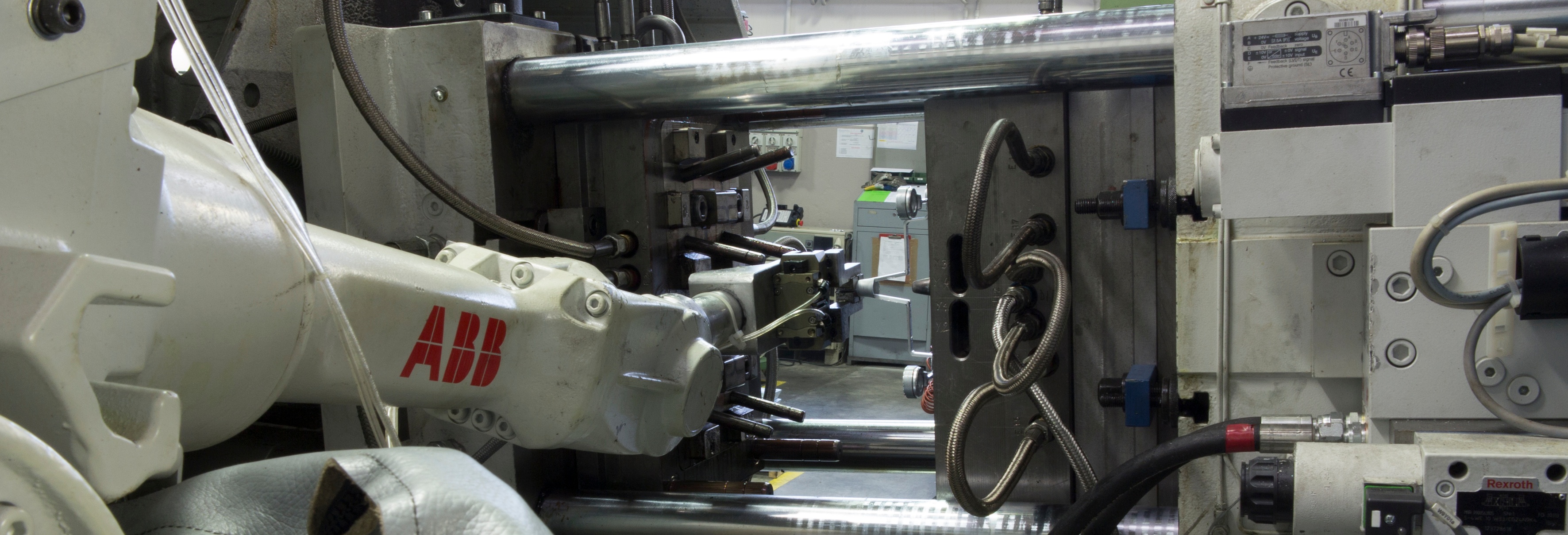All the posts for industry
Posts by Topic
- Die Casting simulation (35)
- Co-design (26)
- Cost reduction (23)
- die casting finishing (18)
- Defects reduction (16)
- high pressure die casting (16)
- die casting process (15)
- VAVE (13)
- die casting (12)
- Zinc (11)
- Zinc benefits (10)
- casting process (10)
- die casting engineering (10)
- optimization (10)
- Innovation (9)
- automotive (8)
- casting (8)
- ZAMAK (7)
- product design (6)
- quality (6)
- Mould Design (5)
- Scrap reduction (5)
- automation (5)
- saving (5)
- Mold (4)
- benefits (4)
- die casting machines (4)
- hot chamber die casting (4)
- industry (4)
- supply chain (4)
- zinc alloys (4)
- Commodity (3)
- coffee market (3)
- mold maintenance (3)
- process improvement (3)
- small appliances (3)
- technology (3)
- thin wall thickness (3)
- Shrinkage porosity (2)
- costs saving (2)
- customer service (2)
- cycle time (2)
- electronic products (2)
- improvement (2)
- metrology (2)
- mold design (2)
- process analysis (2)
- production (2)
- production process (2)
- recycling (2)
- sustainability (2)
- white goods (2)
- zinc life cycle (2)
- DFM (1)
- Electromechanical systems (1)
- HPDC (1)
- Lighting components (1)
- Press (1)
- SME (1)
- Textile (1)
- Textile Machineries (1)
- Zinc alloy actuators (1)
- actuators (1)
- chrome plating (1)
- environment (1)
- industrial machinery (1)
- industrialization (1)
- lead time (1)
- machines (1)
- painting (1)
- quality control (1)
- surface treatment (1)
- tier 2 automotive supplier (1)
- vacuum valve (1)
- zinc alloys for doors and windows (1)
The automotive industry refers to the vast ecosystem of manufacturing, distribution, sales and consumption of vehicles designed for transporting people and goods. This industry includes a wide range of vehicle types that ranges from traditional internal combustion engine vehicles to the latest innovations in electric vehicles, autonomous vehicles and connected vehicles. The automotive market is not limited to the production of vehicles but it also includes associated services that are related to automotive industry such as aftermarket parts and solutions that support transportation needs all over the globe. The automotive market stands as one of the most influential sectors globally that is shaping economies, societies and individual lifestyles.
Developing automotive die casting exterior parts could be a solution to allow a wide scale of surfaces, structural characteristics and production capabilities. In details zinc alloys allows expanded styles in shape construction and precision in tighter angle tolerances.
We are in the middle of a new industrial revolution: the fourth one. It’s called Industry 4.0. This term, used for the first time in Germany in 2010, is related to the digitalization of information. In this post we will see how Bruschi is approaching Industry 4.0 and how this new industrial revolution is affecting its business.
The term automation defines the introduction in a manufacturing company of technical tools and processes aimed at reducing or even eliminating human operations. The incorporation of automatic equipment produces several advantages, such as time saving, costs reduction and better quality outputs, thus achieving customers' satisfaction.




